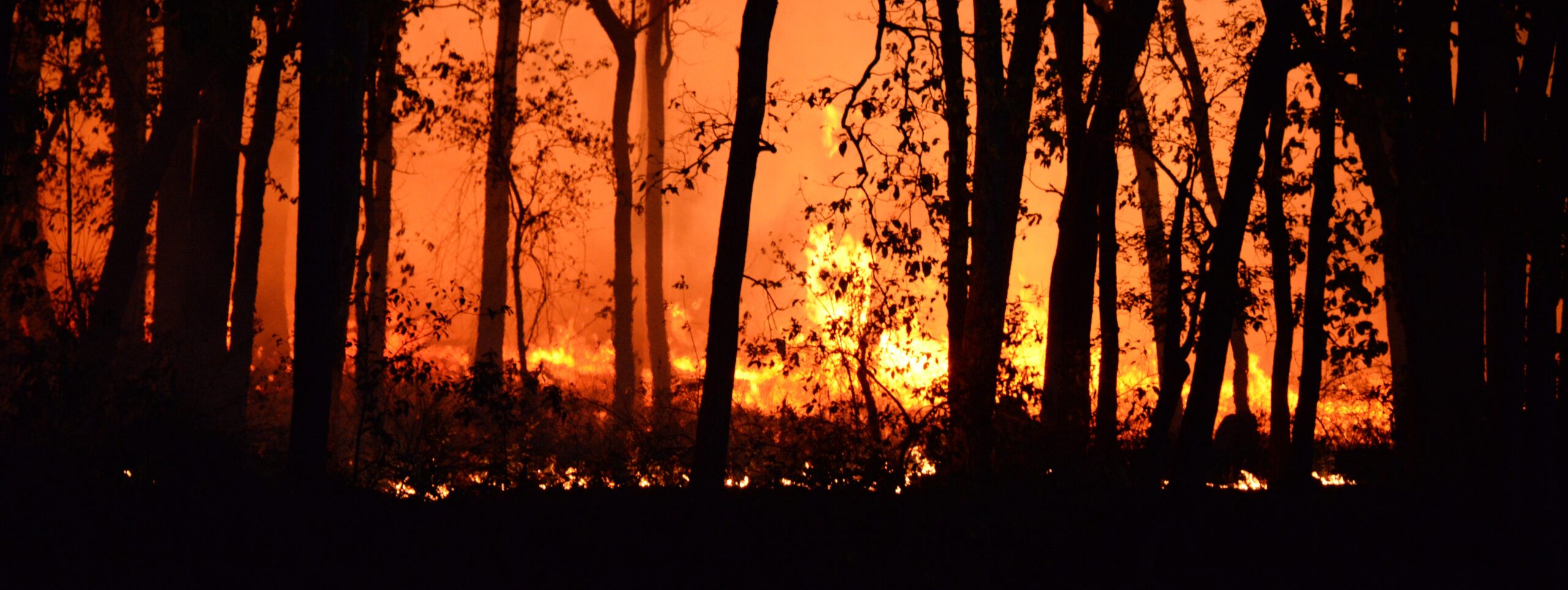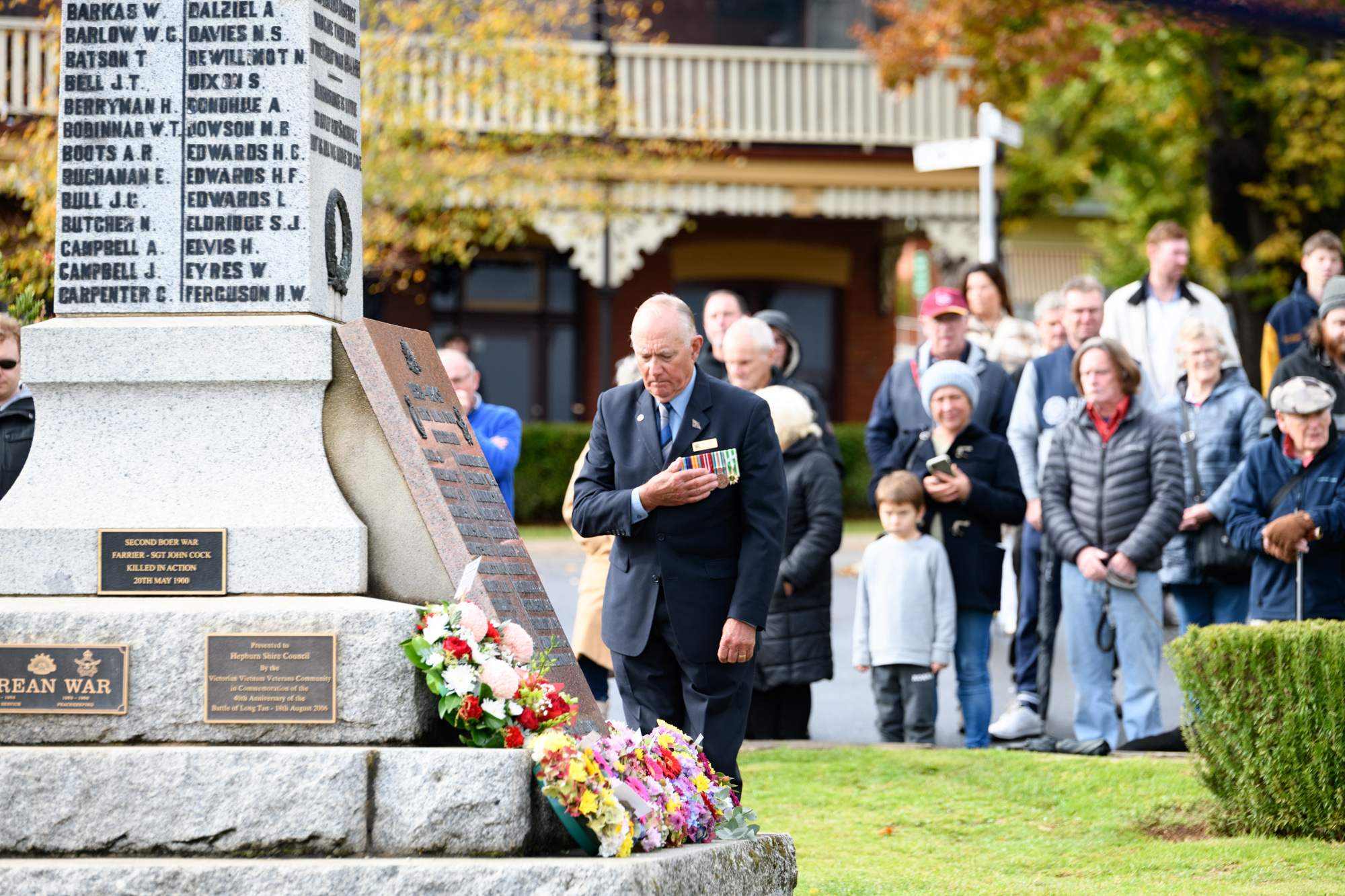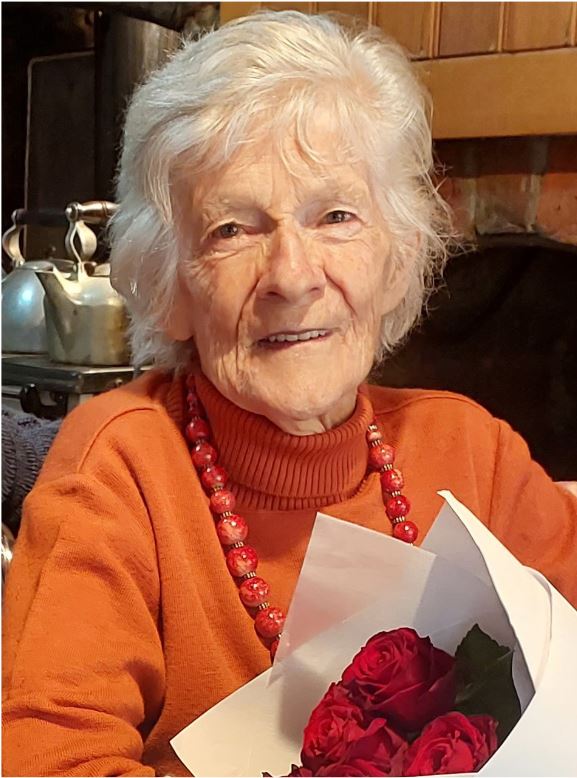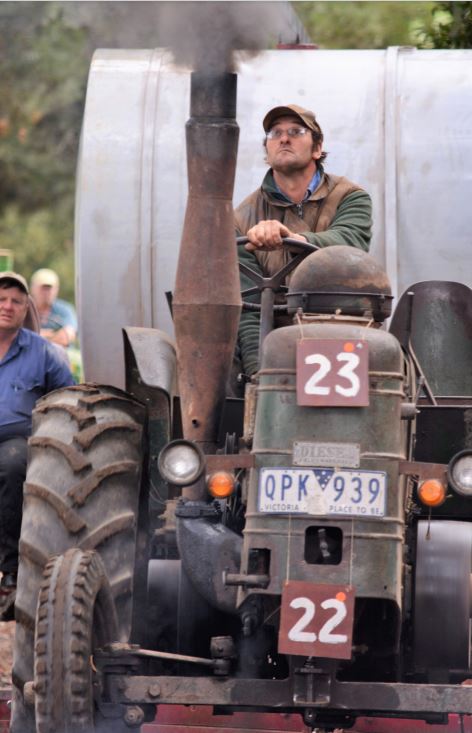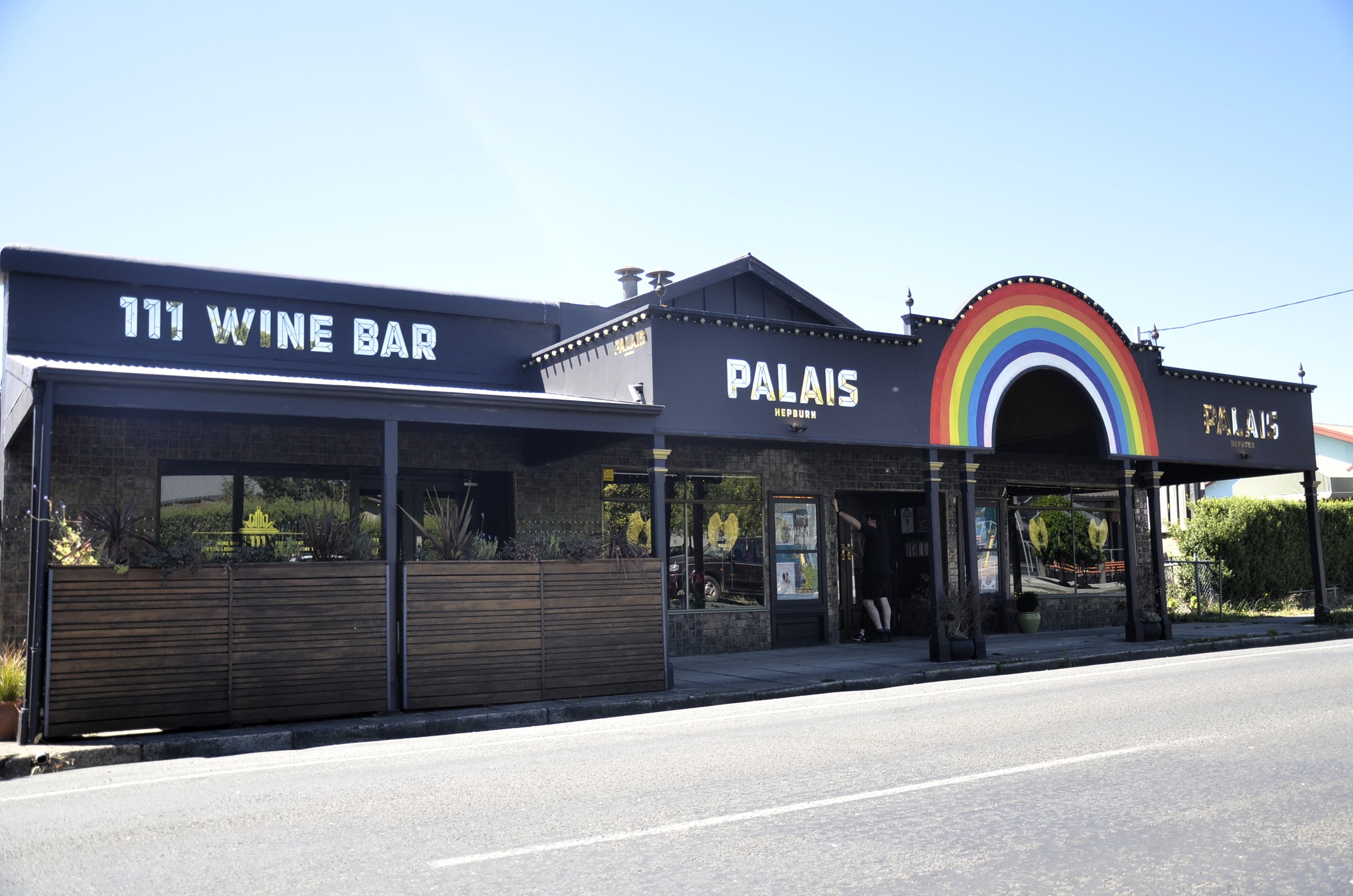June 1st, 2021Kevin Tolhurst – a life devoted to forests and fires
KEVIN Tolhurst is one of many leading Australian foresters whose career commenced with training at the Creswick School of Forestry.
And in Kevin’s case, it’s a career that’s shaped the Australian forestry landscape and one in which he has made a tremendous contribution to forests across Australia and the world.
Kevin’s legacy continues to be his internationally recognised forest fire expertise. Now retired from full-time forestry, Kevin commenced training at the Creswick site in 1974 and when the Forestry School amalgamated with the University of Melbourne in 1980, Kevin was asked to provide training for the forestry course during the transition.
Becoming a world-renowned forest fire expert happened organically for Kevin. Working on fire ecology studies, he saw a disconnect between rhetoric and what was actually happening in the forests.
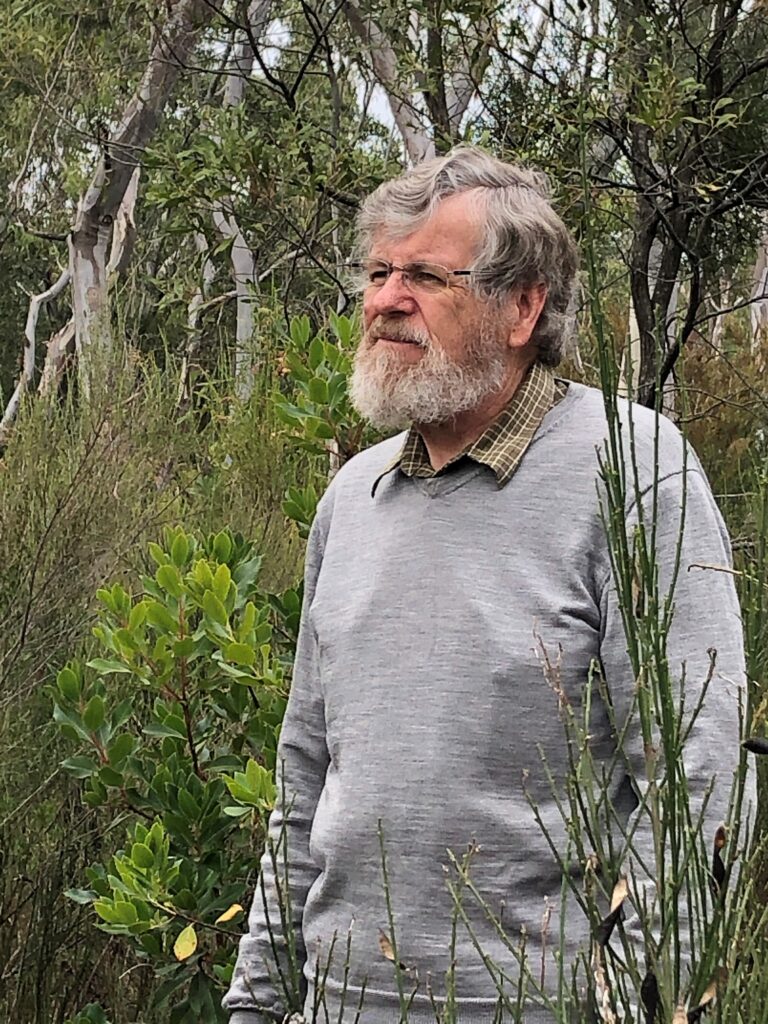
“The way fire impacts were being assessed didn’t make sense at a scientific or ecological level. We established a long-term fire research program to look at the impacts of repeated cool burns in spring and autumn on the fauna, flora, soils and fuels. This study led me to a better understanding of fire,” he said.
“Tension still exists about fire management because so many scientists and researchers have differing opinions. But forests must be planned 100 plus years in advance, governments now in control of our forests mean forests are planned for over a three-year cycle – whoever is in power.”
Kevin has had to deal with bureaucracy in government at different times during his career. At one point when he was a forester employed by the Victorian Government he became frustrated at spending more time coming up with possible answers for potential parliamentary question time enquiries than actually planning for the forests.
“Around 1985 there was a shift in Victoria and instead of qualified foresters making planning decisions, it moved to generalist public servants and forestry became political. That was extremely disheartening for me.
“The current model is broken. There is simply no long-term planning anymore and to a large degree the political parties are short-sighted.”
Kevin has strong views given his career is devoted to forest fire management but he is the first to understand why populist views influence the push to lock up forests and have them all managed as national parks.
“There are many who are ill-informed and a lot of what we hear and read in the media is simply not science-based. Often the credibility of those that are most vocal is simply not questioned,” he said.
“While many believe we should go back to the indigenous cool burning method, they often forget that traditional landowners were very active land managers. The land will always need to be managed. Simply locking up the forests would be fraught with danger.”
The latter part of Kevin’s forestry career was devoted to research and over that time he became an expert in his field. His fire management systems, techniques and inventions are still in use across the country.
Kevin was an instrumental member working in the state control centre on Black Saturday and was later one of the Royal Commission’s appointed planned burning experts. Over decades he has provided expert advice on fire behaviour and fire suppression strategies at major bushfires.
Kevin has spent hundreds of hours appearing at court cases and inquests involving fires including the Linton Coronial Inquiry, Canberra Coronial Inquiry, House of Representatives 2003 Inquiry, 2008 Parliamentary Inquiry into the 2007 fires in Victoria and the 2009 Victorian Bushfires Royal Commission.
But the Linton Coronial Inquiry still remains one of the most difficult times in his career.
“I went to the site daily to reconstruct the fire. I had to understand how the fire behaved, what drove an experienced firefighter to make the decisions made and then determine how such an event could be avoided,” he said.
“It was a very dark time for me. I spent hundreds of hours at the scene. Piecing together the event that led to the tragedy. I was reliving the event over and over again,” he said.
A coronial inquest later found that there were numerous issues, including inadequate training, that contributed to the tragedy.
“There is a misconception that because someone has been fighting fires for many years, they understand fire behaviour. That simply isn’t the case. In many situations, that lack of knowledge and the failure to listen to experts in their own field and not simply listening to the populist views, can have dire consequences.”
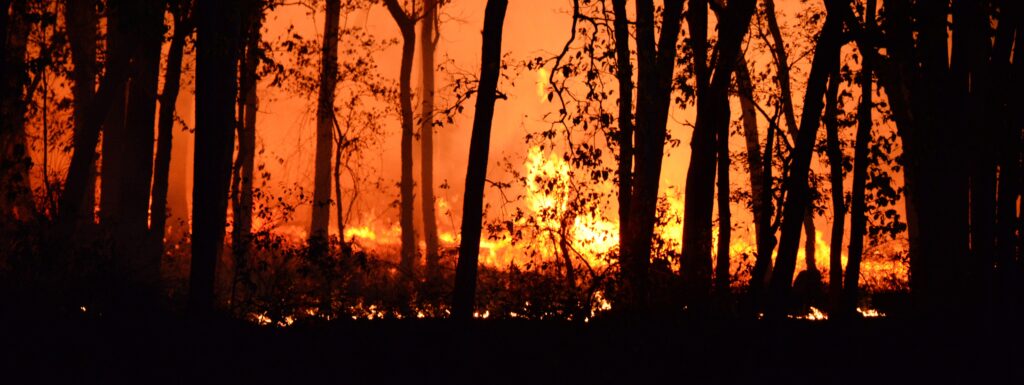
Kevin’s most recent research activities have centred around developing a bushfire risk management decision support system that is used nationally.
Throughout his career, Kevin has received a number of awards including Member of the Order of Australia in 2015 for his contributions to science and the community, particularly in the area of bushfires.
Kevin continues to offer his years of bushfire knowledge and while he has stepped aside from full-time research, he continues to be an honorary associate professor at the University of Melbourne.
He still spends many hours at the university site in Creswick and is passionate about the school’s history which has played such an important role in producing trained foresters with knowledge and understanding that has helped shape, protect and manage Australia’s forests.
Words & main image: Narelle Groenhout


